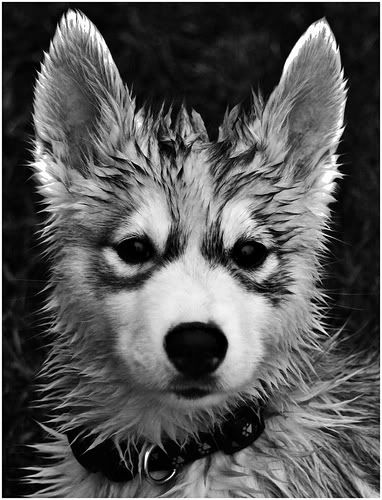Many of you know that my pet parenting project was delayed due to health reasons. I’ve been working on a variety of projects now, including that one, but thought I should address the question, what is pet parenting?
Today people argue over the terms pet owner, pet guardian, pet parent, pet caretaker and a lot of other monikers.
Despite what you might think, the legal moniker is the only one really recognized when it comes down to it and that term is, pet owner.
But terminology aside, what is important is what the debate indicates.
Pets have been considered property for ages. The livestock trade (breeding and selling of live animals) is widely varied and maintenance and management ranges from humane to downright horrific.
This is possible since animals are property, and unless a great outcry and fight for change happens on a wide spectrum–evolution will take time.
Change is happening but it is slow.
However, our relationships with animals has been on a fast track of change.
In the past, companion animals were not considered family members. They were aids on the farm or had utilitarian roles in the lives of the household.
Guard dog, mouser, plow power and other such work roles meant that animals were in our lives and performed very vital roles in them.
Today, animals have different roles and have been brought into the home, and many even sleep in beds with their humans–or in their own specially designed, comfy beds.
That shift in consciousness and in our relationships requires still another shift–one in how we train them and mold them for life with us.
I’ve already written about the shift in the training realm, which I will call the argument between the traditional and the modern versions.
But, if you really want to be a good pet parent, efforts to mold a pet’s behavior need to start early and the adoptive pet parent needs to do some research and preparation to get the job done in a manner that is fun, humane, and take actions to have their efforts become a lifestyle.
Pet parenting begins before any “formal training” and continues throughout an animals life.
It parallels the strategies and efforts savvy parents take with their children.
What does a good pet parent need to provide for a pet’s mental health and acuity?
- A clean environment,
- good diet,
- mental stimulation,
- exposure to different people, places, and things,
- guidance (aka rules and boundaries),
- consistency,
- enriching toys,
- behavioral coaching,
- behavioral training.
Of course I could list a whole lot more but I am talking from a behavioral perspective.
Pet parenting is the guidance and teaching that takes place before, during, and after any formal training. It continues through the pet’s life and is not just overt practices but smaller nuanced steps and efforts that impact the household for the better.
The current problem is that most pet parents do not parent their pet.
Parenting is not pampering, it is not indulging, it is responsible guidance for the longterm welfare of the animal.
People still tolerate wild behavior because, well, “after all it is just an animal.”
Nonsense!
You don’t have to tolerate beastly behavior and endure a little heathen–but for some reason people think bad behavior is normal or okay.
Maybe it is because they are just lazy, or don’t know any better–but I think it is because the change in coaching an animal is seriously lagging behind the other efforts of integrating them into the home.
People still listen to the wrong sources to get their information, they ask friends or inappropriate sources for advice when they really need professional help but don’t know it.
Anyway, pet parenting is a lifestyle shift. It isn’t hard but it takes awareness and education and motivation to implement.
When most people decide to have a child, they research and read. They prepare a room with everything they need for the new baby.
Bringing another new being into the home isn’t so different–it requires research, preparation, and it is a lifelong commitment.
So, I ask you:
- What do you think pet parenting is?
- What do you consider vital and optional?
- Where do you get advice about pets?
- How prepared were you for your last pet/next pet?
- What would you do differently now versus 10 years ago?
Add what you want in the comments below. I’d be interested in hearing what you have to say. If you want to be part of the beta pet parenting program sign up here.



Pet parent is an interesting term. Pet owner is too. Which animals count as “pets?”
Many people these days keep horses (and goats and donkeys) for purely entertainment or leisure purposes. There aren’t a whole lot of truly working animals left. Most people still are hesitant to classify a horse (or other hooved mammal) as a pet.
So how (and when) should we classify animals as pets?
Are all dogs pets? Is a service dog a pet?
Nice post. It brings up some interesting things to think about!
Mary
The actual definition is, “a domesticated animal kept for pleasure rather than utility.” So while most people think “companion animals” is a better term, “pet” actually covers any species kept for pleasure.
It depends on where you live as to whether or not animals are in utilitarian roles. Outside of urban areas there are a lot of folks who still don’t pamper their animals and whose critters tend to work–not necessarily like they once did, but work as a form of physical and mental occupation and as a challenge or hobby pastime to the owner.
In general, service dogs are working animals and not pets–which is why they have those nifty jackets and patches that tell you to leave them alone.
Happy to hear it brought up some things to ponder. I’ve been doing a lot of that myself lately!